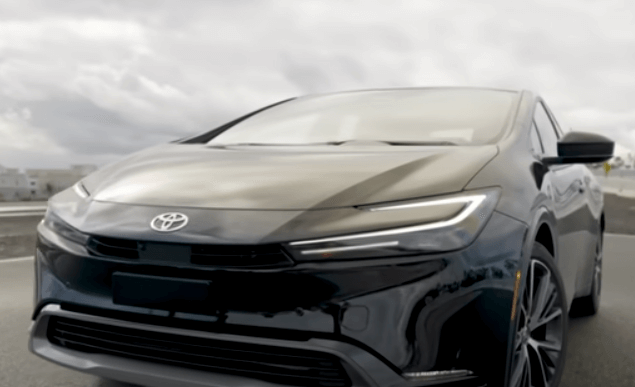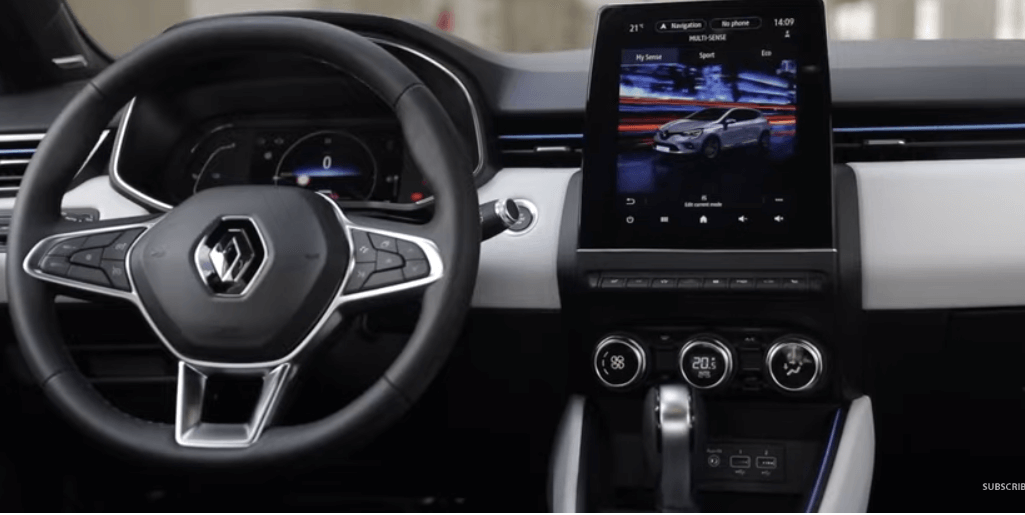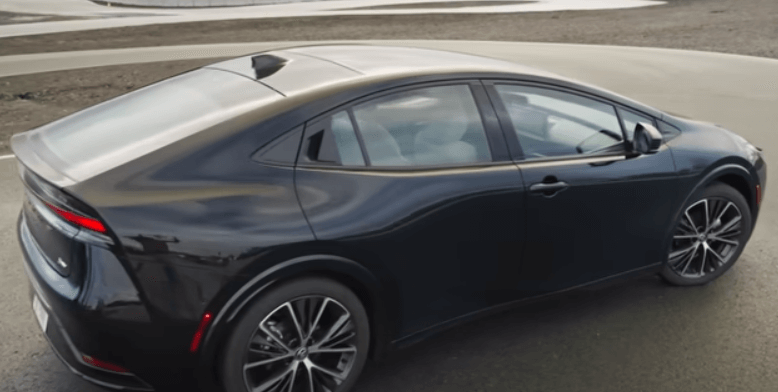In the process of buying a used car, reliability should be your watchword. Either you are buying from a dealer or a private owner. How do you know if a used car is reliable? this knowledge will guide you in choosing a used car that gives value to your money. To ascertain a reliable used car, there are things you need to check before finally concluding on buying the car.
In this post, I will explain the things you need to look for in a used car to know whether the car is reliable or not. I will also discuss the things to check for before buying a car, either used or new. Additionally, I will talk about the car inspection checklist. The information will guide you when you want to buy a used car.
Does this sound like something you would like to know more about? Join me as I dig deep into it.
How do you know if a used car is reliable?
From my 7 years of experience as a car agent, I have learned that to assess a used car’s reliability, you need to scrutinize its maintenance records, conduct a thorough inspection, consider its mileage, verify its vehicle history report, and seek professional mechanic evaluation.

When you’re in the market for a used car, it’s crucial to know whether the vehicle you’re eyeing is reliable. Nobody wants to end up with a lemon, right? To help you make an informed decision, here are some key factors to check when determining if a used car is reliable.
1. Check the Vehicle History Report
Before making any decisions, obtain a comprehensive vehicle history report. This document provides valuable information about the car’s past, including accidents, title issues, and maintenance records. It’s a reliable way to find out if the car has a clean slate or a history that might raise red flags.
2. Inspect the Mileage
One of the telltale signs of a car’s reliability is its mileage. Lower mileage generally suggests less wear and tear on the engine and other vital components. However, keep in mind that extremely low mileage on an older car might also indicate prolonged periods of inactivity, which could pose its own set of issues.
3. Thoroughly Examine the Exterior and Interior
Take the time to visually inspect both the exterior and interior of the car. Look for any signs of rust, dents, or paint damage on the outside. Inside, check for unusual smells, stains, or signs of excessive wear on the seats and dashboard. A well-maintained appearance often indicates a reliable vehicle.
4. Get a Professional Inspection
Don’t rely solely on your own observations; bring in a professional mechanic to inspect the car thoroughly. They can identify hidden issues that may not be apparent to the untrained eye. That used car might look good on the surface, but a professional can uncover potential problems lurking beneath.
5. Test Drive the Car
Take the car for a spin to see how it performs on the road. Listen for any strange noises, pay attention to how it handles, and check for smooth acceleration and braking. A test drive is an excellent way to gauge the overall condition and reliability of the car.

6. Research Common Issues for That Model
Every brand and model has its strengths and weaknesses. Do some research to find out if there are any known issues or common problems associated with the specific used car you’re considering. This can give you valuable insights into potential future problems.
7. Check for Maintenance Records
Reliable used cars often come with a well-documented maintenance history. Ask the seller for records of routine maintenance, such as oil changes, brake inspections, and other regular services. A consistent and thorough maintenance record is a positive indicator of a car’s reliability.
Remember, when you’re on the lookout for a used car, it’s all about being thorough and paying attention to details. By following these steps, you can increase your chances of finding that used car that’s not just appealing but genuinely reliable. If you know what to look for and take the time to check, you’ll be well on your way to a confident and informed decision.
Things to check before buying a car
Buying a car is an exciting experience, but it’s crucial to approach it with a careful eye and a checklist in hand. Ensuring a thorough inspection is conducted can save you from potential headaches down the road. Below are the things you must check before buying a car.
1. Vehicle Inspection
Before making any decisions, conduct a comprehensive vehicle inspection. Look for signs of wear and tear, rust, or any irregularities in the body and paint. Check for leaks underneath, and inspect the tyres for tread depth and wear.
2. Documents
Paperwork is one of the first things to check when buying a car. Ensure that necessary documents are in order, including the title, registration, and maintenance records. This step is crucial to guaranteeing the legitimacy of the vehicle, as well as avoiding any legal complications in the future.
3. Mechanical Inspection
Take the time to inspect the car’s mechanical components thoroughly. Test the brakes, steering, and suspension. Open the hood and check the engine for any signs of leaks or unusual sounds. Don’t forget to examine the transmission for smooth shifting.
4. Test Drive
A test drive is a crucial part of the car-buying process. Feel how the car handles different road surfaces, listen for unusual noises, and pay attention to how it accelerates and brakes. A test drive allows you to get a firsthand feel for the vehicle’s condition.
5. Examine the Interior
Don’t forget to inspect the interior of the car. Check for any damage, odours, or signs of wear on the seats, dashboard, and carpeting. Ensure that all electronic components, such as the air conditioning, radio, and power windows, are in proper working order.

6. Look Underneath
Give the underside of the car a thorough look. Look for signs of rust, damage, or leaks. A well-maintained undercarriage is indicative of a car that has been cared for and is less likely to have hidden issues.
7. Check for Recalls
Research and verify if the car model you’re considering has any outstanding recalls. Addressing these issues before purchase is essential for your safety and the longevity of the vehicle.
8. Purchase from a Reputable Seller
Where you buy your car matters. Whether it is from a dealership or a private seller, ensure they have a good reputation. Read reviews, ask for recommendations, and verify their credentials to avoid potential scams or fraudulent activities.
What to look for when buying a used car is numerous; apart from the ones mentioned above, you should also pay special attention to its history. Use online services to obtain a vehicle history report, which can reveal important information about accidents, title issues, and odometer discrepancies.
In conclusion, knowing what to look for when buying a car is crucial to making a wise and informed decision. Taking your time to inspect the vehicle thoroughly, checking documents, and conducting a test drive can save you from future headaches.
Used car inspection checklist
While the prospect of owning a new set of wheels is thrilling, it’s crucial to make informed decisions. You must ensure a smooth and satisfactory purchase. Therefore, follow the used car inspection checklist below. This handy list will empower you to inspect every nook and cranny, ensuring you drive away in a reliable used car.
Used Car Inspection Checklist:
| What to check when you are inspecting a used car | Tick |
| 1. Exterior Inspection | |
| 2. Tyre Inspection | |
| 3. Under the Hood | |
| 4. Fluid Check | |
| 5. Interior Inspection | |
| 6. Test Drive | |
| 7. Vehicle History Report |
1. Exterior Inspection
Start your examination by checking the exterior of the used car. Look for any dents, scratches, or signs of rust. Inspect the condition of the paint and ensure consistency across all panels. Check for misaligned doors or any noticeable gaps, as these can indicate previous damage.

2. Tyre Inspection
A crucial aspect of a used car’s overall condition is the state of its tyres. Ensure they have adequate tread depth and look for any uneven wear patterns. Don’t forget to inspect the spare tyre as well. Replacing tyres can be a significant expense, so factoring this into your decision-making process is essential.
3. Under the Hood
Pop open the hood and inspect the engine compartment. Look for any leaks, frayed belts, or cracked hoses. Ensure that all fluid levels are within the recommended range. A well-maintained engine is indicative of a car that has been cared for.
4. Fluid Check
Take a moment to check the various fluid levels in the car. This includes engine oil, transmission fluid, brake fluid, and coolant. Low or dirty fluids can indicate poor maintenance, potentially leading to costly repairs.
5. Interior Inspection
Once inside the car, check the condition of the seats, dashboard, and interior components. Test all the electronic features, such as windows, locks, lights, and the air conditioning system. A comfortable and fully functional interior contributes to an enjoyable driving experience.
6. Test Drive
The most exciting part of the inspection process is the test drive. Pay attention to the car’s handling, brakes, and acceleration. Listen for any unusual sounds, and feel for vibrations. A thorough test drive is your opportunity to ensure the car performs as expected.
7. Vehicle History Report
Obtain a comprehensive vehicle history report to gain insights into the car’s past. This report will highlight any accidents, title issues, or odometer discrepancies. It’s an invaluable tool for making an informed decision when buying a used car.
By diligently following this used car inspection checklist, you’re arming yourself with the knowledge needed to make a confident and informed purchase. Remember, buying a used car can be a rewarding experience when armed with the right information.

With Over 7 years of experience dealing with car owners as a car lease agent, I have gained matchless car knowledge to help every car owner know what exactly is wrong with their cars.

